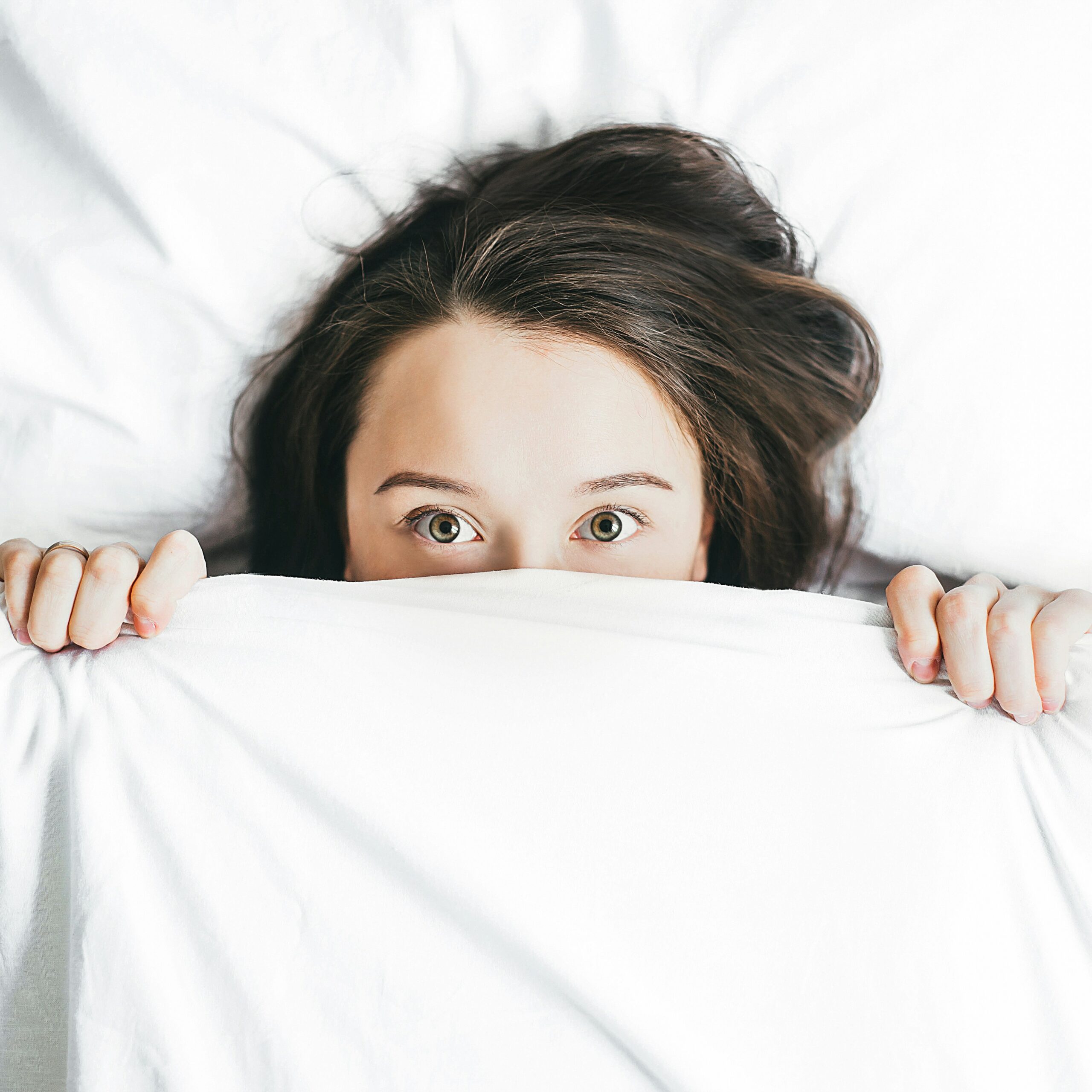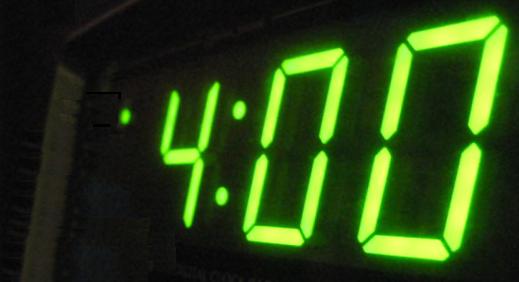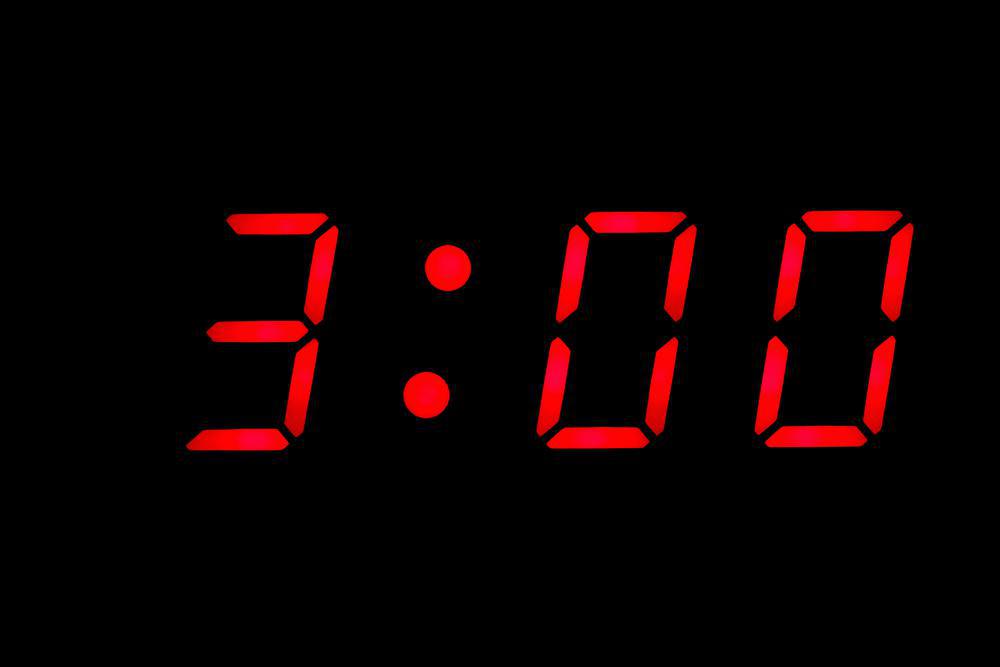
Photo by Alexandra Gorn on Unsplash
Last week David wrote a powerful piece called 4am. It’s well worth reading if you haven’t already done so! It reminded me a lot of the sleep pattern/habit that I’m currently in and which I find really annoying!
Most mornings I find myself lying awake in bed, about an hour before I’m meant to get up. This happens a lot, and as I said, I find it very annoying; primarily because instead of enjoying the last hour of sleep that I need, I lie there scanning the day ahead of me looking for dangers.
I’m not sure why my brain does this, but I suspect that I’m probably not alone. The dangers that my brain is looking for are most probably rooted in the mists of time, well before I was even born. It’s an evolutionary thing that modern brains have held onto and into the modern age, God only knows why.
The dangers that my mind is scanning for aren’t found on the savannah, behind some bushes, or in a cave. Yet you’d think the way that my mind works at this time of the morning, here in the 21st century, that these dangers still exist.
That unwritten board report – it’s a sabre toothed tiger.
That maths lesson with the class from 3G – it’s a Haast Eagle.
That talk that I need to present at a staff meeting – it’s an empty food basket.
I really should just get up out of bed and shut these thoughts off. I always feel better once I’m moving and the light of the day shows itself. But yet I lie there, in the dark, hoping that I can find that last hour of sleep before the alarm goes off.
It’s a bit like I’m at the start line for a race. I’m waiting for the starting gun to explode, a whole hour before but my brain has already begun the run. I’m lying there trying to train my mind not to start the run until the starting gun goes, but my brain doesn’t want to listen.
You’ve got to wonder – who is in control of these thoughts?
So, I’ve turned to Chat GTP3.5 and I’ve asked for a list of mindfulness techniques that I can use in bed. I’m going to give these a go over the next few days. I’m hopeful that I can train my mind over time to switch on for the big dangers only when I need it too.
What do you think of this list? Could these help you?
- Deep Breathing: Focus on your breath and engage in deep breathing exercises. Inhale deeply through your nose, allowing your abdomen to rise, and exhale slowly through your mouth, releasing tension with each breath. Counting your breaths or using a mantra can help keep your mind focused.
- Progressive Muscle Relaxation: Start from your toes and work your way up to your head, tensing and then relaxing each muscle group in your body. Pay attention to the sensations of tension melting away as you consciously release each muscle.
- Body Scan Meditation: Bring your awareness to different parts of your body, starting from your toes and moving up to your head. Notice any areas of tension or discomfort, and consciously release the tension as you focus on relaxing each part of your body.
- Mindful Observation: Use your senses to observe your surroundings from your bed. Notice the feeling of your sheets against your skin, the sounds of the night, and any subtle scents in the air. Allow yourself to fully experience the present moment without judgment.
- Guided Imagery: Visualize yourself in a peaceful, calming place such as a beach, forest, or mountaintop. Imagine the sights, sounds, and sensations of this tranquil environment, allowing yourself to become fully immersed in the experience.
- Gratitude Practice: Shift your focus away from worries or stressors by practicing gratitude. Reflect on three things you’re grateful for, no matter how small they may seem. Cultivating an attitude of gratitude can help promote feelings of peace and contentment.
- Mindful Listening: Tune in to any sounds you hear in your environment, whether it’s the hum of a fan, the rustling of leaves outside your window, or the sound of your own breath. Allow the sounds to wash over you without trying to change or analyze them.
- Relaxing Visualization: Picture yourself in a calming scenario, such as floating on a cloud or drifting in a peaceful stream. Imagine all your worries and concerns melting away as you immerse yourself in this serene visualization.
Steve


 .
.